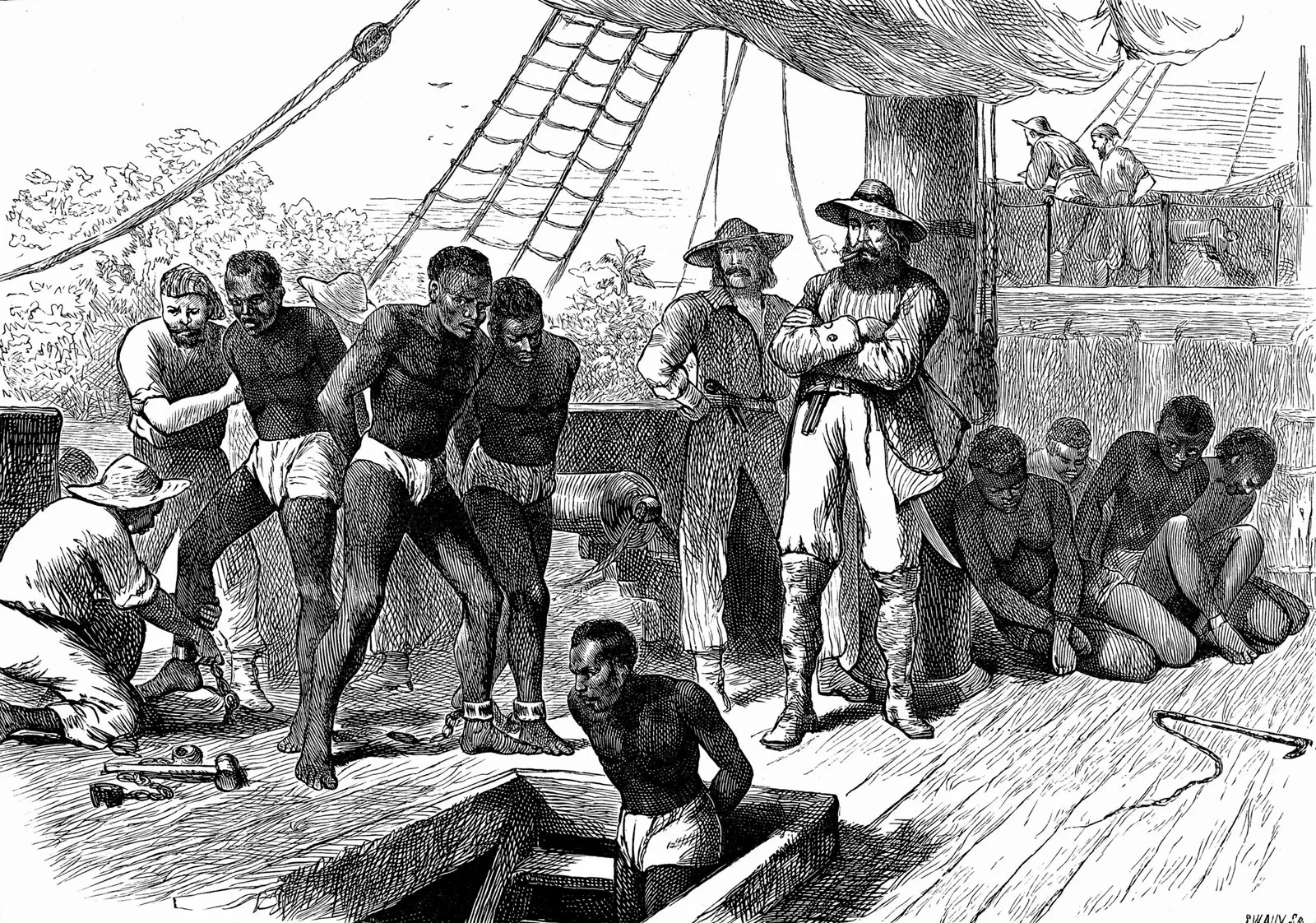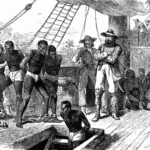
The transatlantic slave trade and diaspora is a significant and complex historical topic that shaped the world as we know it today. It refers to the forced transportation of millions of African people from their homelands to the Americas between the 16th and 19th centuries.
During this period, European powers, primarily Portugal, Spain, Britain, France, and the Netherlands, established a brutal system of trade that involved capturing Africans, transporting them across the Atlantic Ocean, and selling them as slaves in the Americas. This trade was driven by economic interests, as enslaved Africans were used as labor on plantations and in mines, contributing to the wealth and development of European colonies.
The transatlantic slave trade had a profound impact on Africa, as entire communities were uprooted, families were torn apart, and societies were disrupted. It also had far-reaching consequences in the Americas, where enslaved Africans endured unimaginable suffering and contributed to the forced labor that propelled the growth of European colonies.
The African diaspora refers to the dispersion of African people and their descendants across the globe as a result of the transatlantic slave trade. The descendants of enslaved Africans can be found in North and South America, the Caribbean, Europe, and other parts of the world. The diaspora has had a lasting impact on culture, music, language, religion, and social dynamics in these regions, leading to the formation of vibrant and diverse communities.
It is important to acknowledge the immense human suffering and long-lasting social, economic, and cultural consequences caused by the transatlantic slave trade and diaspora. The study and understanding of this historical period are crucial for promoting empathy, justice, and equality in our present-day society.



